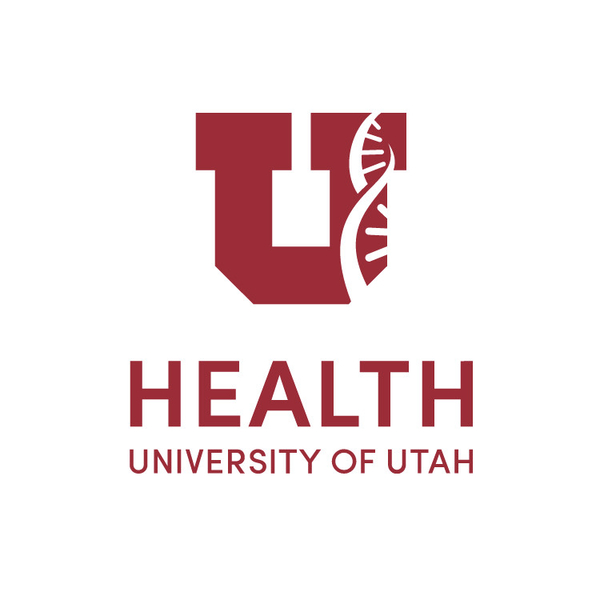Clinical Decision Support
This contribution from the University of Utah to the AMIA 10x10 program is an in-depth course about Clinical Decision Support (CDS) tools, standards, and implementation. The course is designed and taught by leaders and experts in the field. The instructors are affiliated with the Department of Biomedical Informatics at the University of Utah, which has a five-decade-long history of innovations in CDS.
The online course was designed following active learning principles. It teaches state-of-the-art principles and practices to enable effective CDS. Topics include a review of the various types of CDS tools; principles of CDS governance and knowledge management; CDS technical architectures, standards (e.g., FHIR, SMART, CDS Hooks, Infobutton), and tools (OpenInfobutton, OpenCDS); and CDS implementation and evaluation.
This is a semester long (August-December), 3 credit hour course.
The course is targeted at at researchers (e.g., in informatics, health services, public health, clinical research), clinical informaticians, health IT professionals, clinicians, computer scientists, human factors professionals, and other individuals who are interested in CDS, regardless of background or prior experience. The student cohort is multidisciplinary, with backgrounds in health care delivery, public health, computer science, biology, genetics, and information technology. Examples of roles that could benefit from this course include those engaged with CDS governance and implementation at health care or public health organizations, CDS designers/developers, health IT designers/developers, CDS researchers, and clinical/health services researchers interested in applying CDS in their research.
Meet Your Course Directors
Dr. Kawamoto’s leverages his experience in health informatics, software engineering, and clinical medicine to enable practical and scalable use of health IT to optimize disease prevention, diagnosis, and management. He is actively engaged in the development and adoption of health IT standards, co-chairs the HL7 CDS Work Group, and is a member of the US federal Health Information Technology Advisory Committee (HITAC). He directs the ReImagine EHR initiative, which focuses on the development, evaluation and dissemination of interoperable CDS tools over multiple EHR platforms using standards such as SMART on FHIR and CDS Hooks. He is also Co-Director of the Digital Health Initiative.
Dr. Del Fiol has over 20 years of experience in the design, development, evaluation and dissemination of clinical informatics and CDS interventions to improve the quality, safety, and value of health care. His research interests include the integration of biomedical evidence resources with EHR systems via “infobuttons” and clinical informatics tools leveraging health information exchange (HIE). As a co-chair of the HL7 CDS Work Group, lead author of the HL7 Infobutton Standard, and project lead of OpenInfobutton (openinfobutton.org), he is also engaged in the development and implementation of health IT standards and tools to promote dissemination of CDS across health care organizations and EHR platforms, especially to help promote health equity in medically underserved communities. He is also the Director for Research of the ReImagine EHR initiative at the University of Utah and Co-Director of the Digital Health Initiative.
Additional AMIA 10x10 Faculty
Elizabeth Sloss, PhD, MBA, RN – Research Assistant Professor, University of Utah College of Nursing. Dr. Sloss earned her PhD in Nursing from Virginia Commonwealth University and MBA from Georgetown University McDonough School of Business. She is Assistant Director of the Dissemination and Implementation Science Core (DISC) at the University of Utah CTSI. Her research interests include studying and optimizing the implementation of evidence-based digital health interventions into routine healthcare delivery using rigorous implementation science methods. She has expertise in applying user-centered approaches, behavioral economics theory, and other implementation science methods to promote the integration of health technology in clinical settings. Current projects include an intervention for cancer symptoms with CDS component and a technology-enabled cancer hospital-at-home program serving rural communities.
Polina Kukhareva, PhD, MPH, MS, FAMIA - Research Assistant Professor at the Department of Biomedical Informatics, University of Utah School of Medicine. Dr. Kukhareva holds a PhD in informatics from the University of Utah and an MPH in biostatistics from the University of North Carolina. She is an expert in evaluation methods for CDS interventions. She directs the evaluation program of the ReImagine EHR initiative at the University of Utah. Her research interests include evaluation of CDS implementation, equity, and value. She successfully led the evaluation of multiple CDS interventions, including solutions addressing a broad range of healthcare topics: lung cancer screening, sepsis, diabetes pharmacotherapy, diabetic ketoacidosis, weight management, opioid overuse, telemetry overutilization, laboratory test ordering, and others. Dr. Kukhareva has authored multiple articles and served as a JAMIA Editorial Board member.
Course Structure
Recorded presentations, readings, weekly quizzes, synchronous lab sessions, online discussions, assignments, semester-long group project.


